Table of contents
We can’t deny that the biological clock is ticking after 30. As women and men age, their potential to conceive decreases due to multiple health factors. But the exact time when this happens can vary among different individuals. So it’s vital to be on top of your health when trying to start a family in your 30s.
Age and infertility
A woman is born with a fixed number of eggs in her ovaries. As she ages, her eggs also age with her. That means the number and quality of her eggs reduce over time. Plus, women in their 30s are at higher risk of disorders that can impact their fertility, such as endometriosis.
Age matters for male fertility, too. Most men make millions of sperm every day, but the quality of the sperm they produce declines as they get older. The amount of semen and level of sperm motility (sperm’s ability to move towards an egg) also decrease continually between the ages of 20 and 80. Generally, men younger than 40 have a better chance of fathering a child than others, but there are also infertility issues among men in their 30s.
Here’s the good news: you can increase your chances of having a baby after 30. Whether you’re a thirty-something male or female, here are some tips to help boost your fertility.
Aim for a healthy weight
Being overweight or underweight can impact your chances of conceiving. Body fat plays a vital role in women’s ovulation cycles and hormones. Likewise, it affects men’s sperm quality.
So if you’re trying to get pregnant in your 30s, one of the things you can do to boost your fertility rate is to aim for a healthy weight. If you’re overweight, start a healthy diet & aim for at least 30 minutes of moderate exercise most days of the week to lose a few pounds. Are you underweight? You will also benefit from an active lifestyle of sticking to a healthy diet and regular exercise. And whether you’re over or underweight, be sure to consult with your general physician to address any underlying issues behind your weight & body fat issues.
Try a Mediterranean diet
No one food will magically help you conceive. Then again, research shows that keeping a healthy diet can increase your chances of getting pregnant. So if you’re looking for a diet plan to start with, try a Mediterranean diet. Men & women who follow this diet are more likely to conceive. That’s because this diet focused on the following healthy food items:
- Fresh fruits and vegetables
- Nuts, legumes, and beans, including chickpeas, lentils, and black beans
- Olive oil & vegetable oils
- Fish, especially rich-nutrient items like salmon and sardines
- Whole grains like oats, quinoa, and brown rice
- Lean meats like chicken
- Small amounts of dairy food like yogurt
The Mediterranean-style diet also limits the consumption of highly processed items or foods that contain unhealthy fats or added sugar. So if you’re hoping for pregnancy in your 30s, try to skip or at least cut down on soft drinks, desserts, deep-fried foods, salty snacks and fast food items like burgers and pizzas.
Reduce your stress level
Being in your 30s might mean you’re at the phase of your career wherein you handle more responsibilities—and, in turn, experience more stress. But if you’re trying to get pregnant, it’s best to reduce your worries & anxiety or at least leave all the workplace stress in the office.
It’s hard to get in the mood when you’re stressed out. Also, stress may reduce your sexual satisfaction and impair your fertility. Several studies have found links between women’s higher daily stress levels and lower chances of pregnancy. In one study, women who had high levels of a stress-marking enzyme took about 30% longer to get pregnant than those who had less. The same can be said for men. Prolonged stress increases levels of cortisol. And when cortisol goes up, testosterone tends to go down.
How to reduce your stress level? Take some quiet time for yourself daily, ideally after work. During that time, you can practice meditation or yoga, get a massage, or do any relaxing activity to put your worries away. Also, make sure you’re getting enough sleep every night.
Steer clear of toxins
Environmental toxins are never good, especially if you’re trying to conceive. Toxins from alcohol, tobacco, cannabis, plastics, and chemicals like paint & pesticides can potentially damage eggs, sperm, and the developing fetus. Too much caffeine can have the same effect, too. While drinking coffee is relatively harmless, excess caffeine has been linked to reduced fertility. So if you and your partner want to start a family, it’s best to reduce the number of your daily cups of coffee, cut back on alcohol, and limit or finally quit smoking.
Take your vitamins
It’s common for women to take prenatal vitamins when they’re already pregnant. Such vitamins can help fill nutritional gaps so the body can better support a growing fetus. When else is a great time to take your vitamins? During conception. Keeping your body healthy with a good diet, regular exercise, and vitamins & supplements can make it better prepared for conception. In turn, your fertility is more likely to increase even after 30.
At Elan Health Care, we offer prenatal and fertility supplements for men and women. Momicare is specially formulated with all-natural ingredients that can safely enhance female fertility and prepare the "Mom to Be" for pregnancy. It’s intended to help boost fertility when used in combination with a healthy & active lifestyle. We also have Medfertil for Men. It’s a male fertility supplement rich in Vitamin B12, C, E, Zinc, L-Carnitine, Folic Acid, and other vitamins and minerals that boost sperm count, sperm motility, and overall sperm health.
Wrapping up
Being in your 30s may mean you’re more financially, emotionally, and mentally ready to start a family. But you can’t deny the biological fact that your fertility declines in your 30s. So it’s best to make extra efforts to keep your body healthy and prepare it for conception. Hopefully, our tips will help you and your partner welcome your first child.



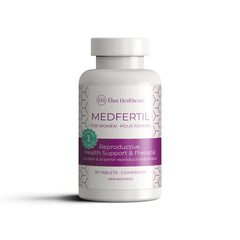
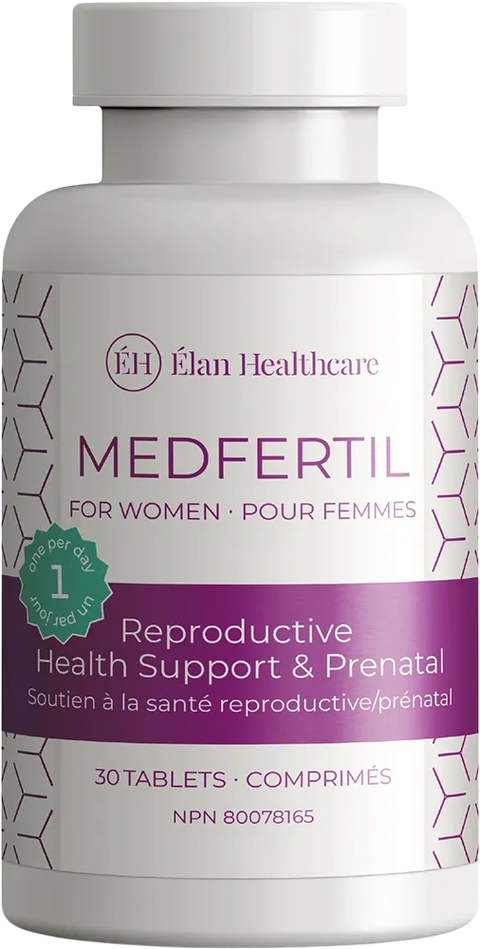
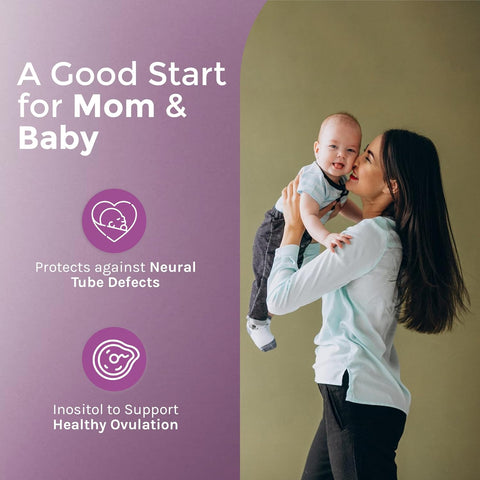
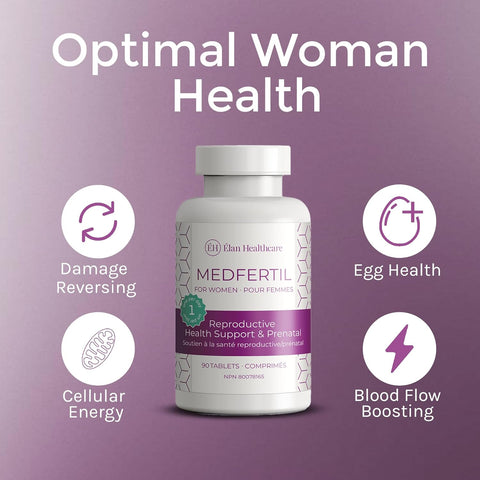
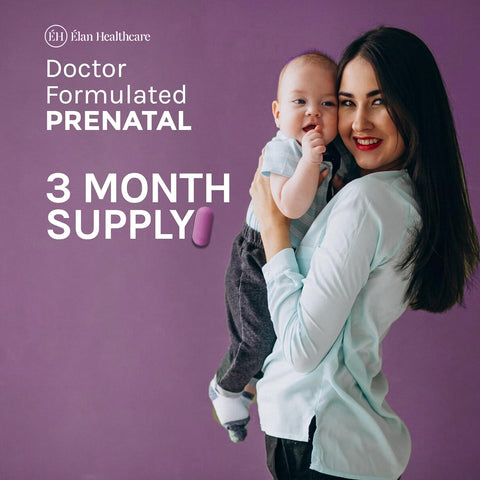
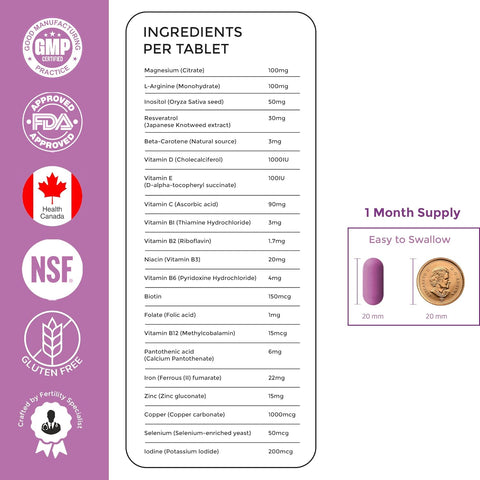
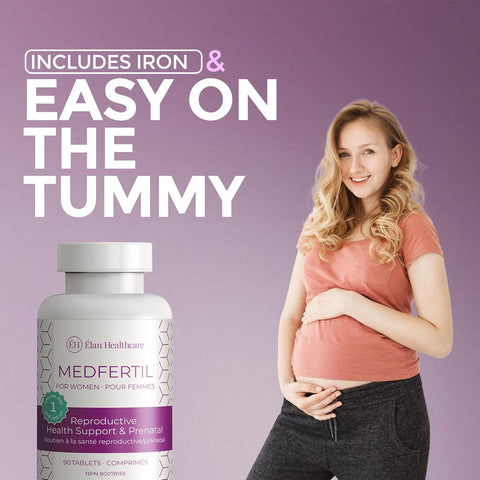
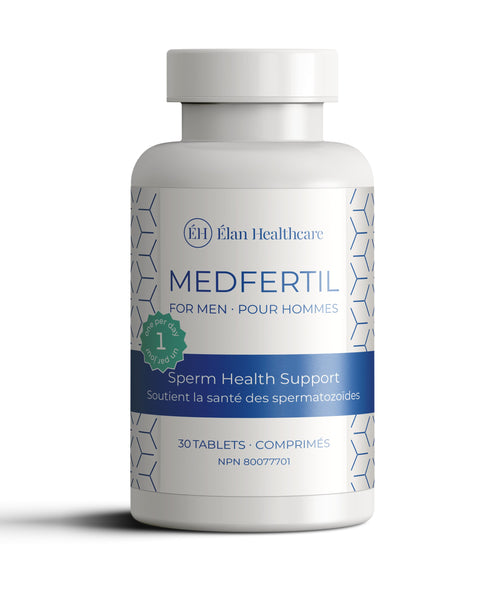
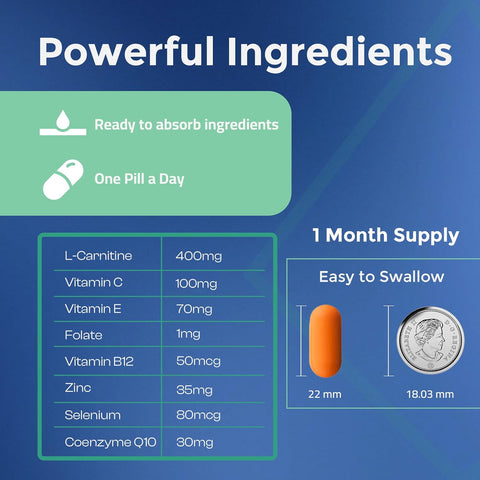
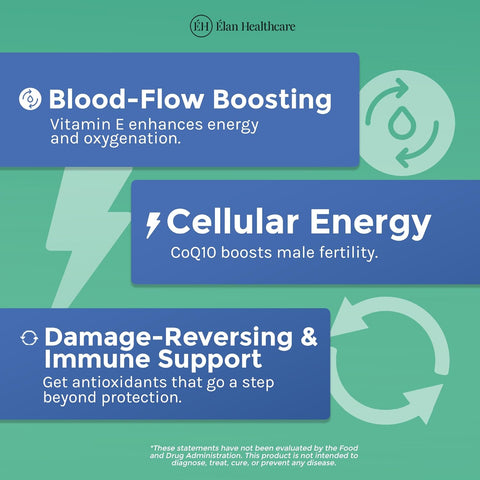
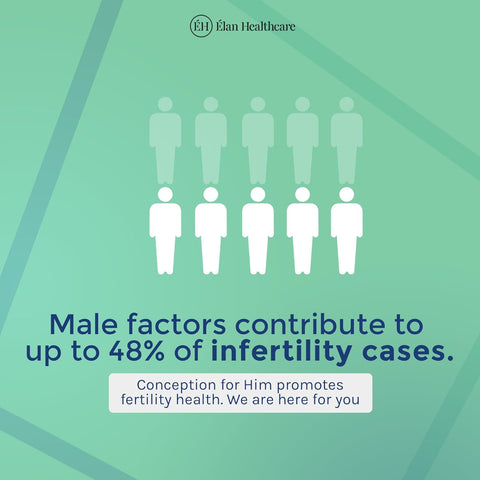
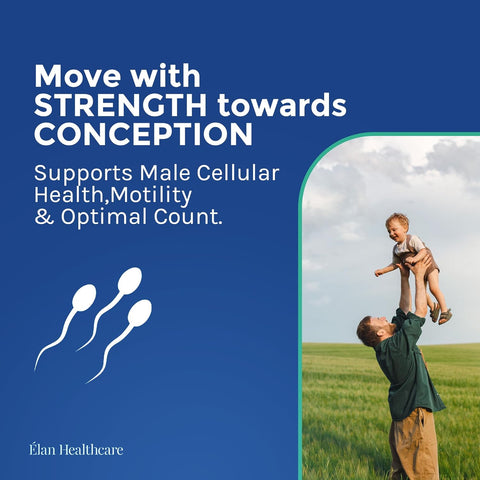

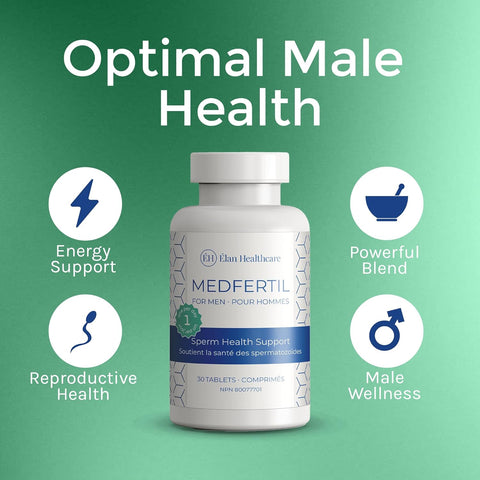
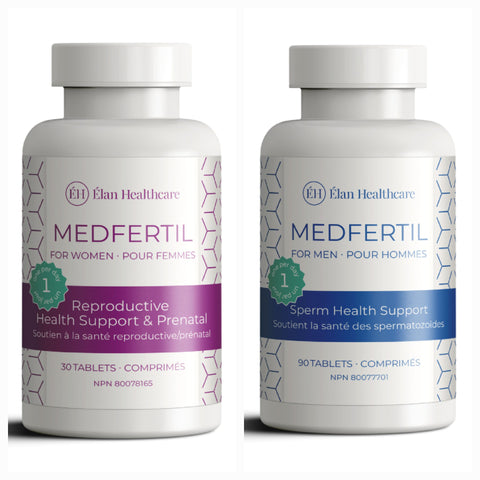
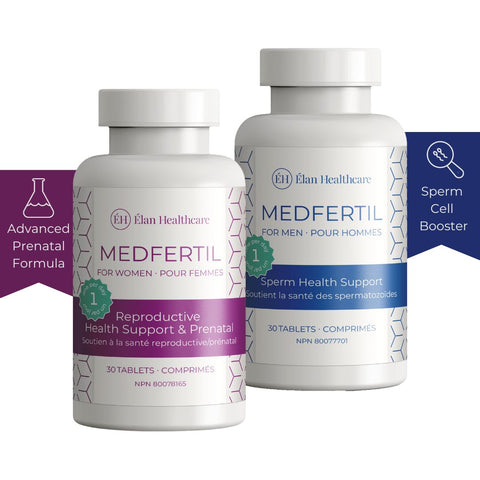
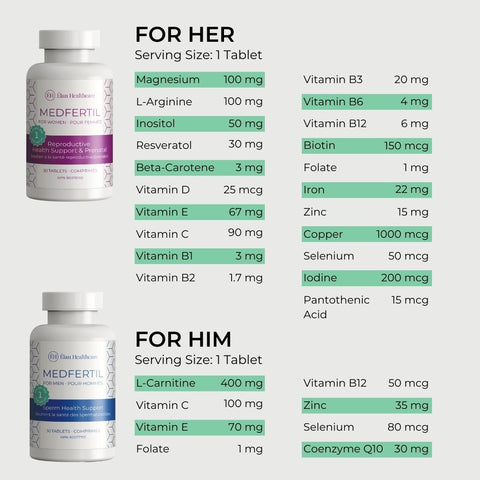
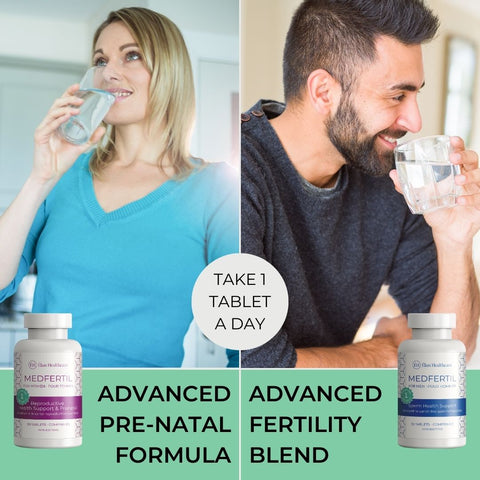
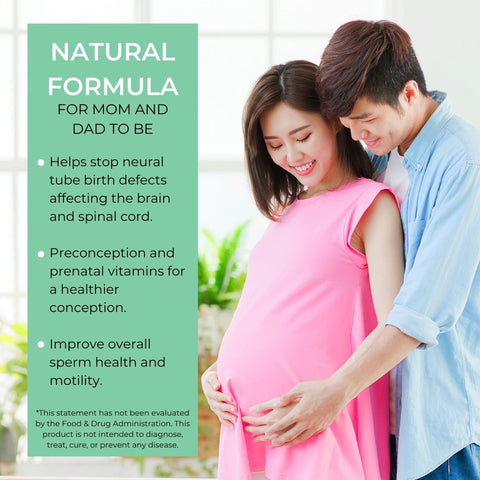

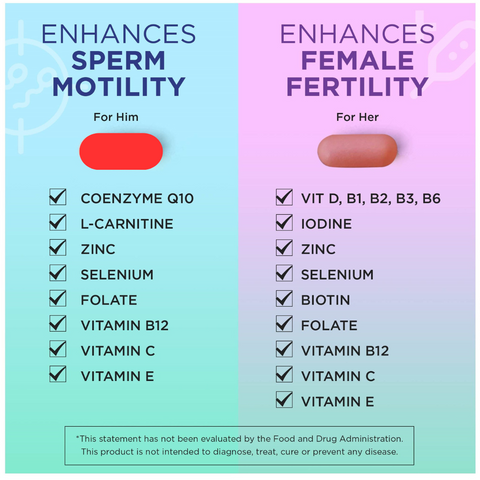
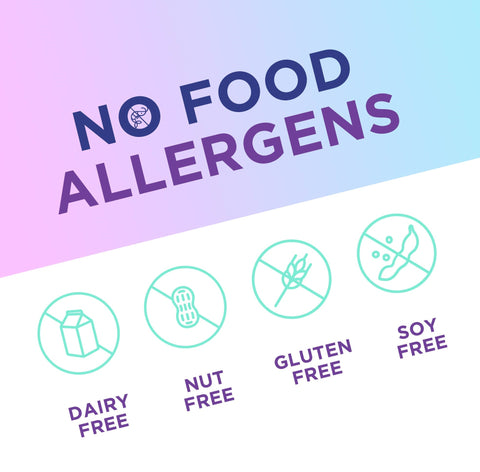
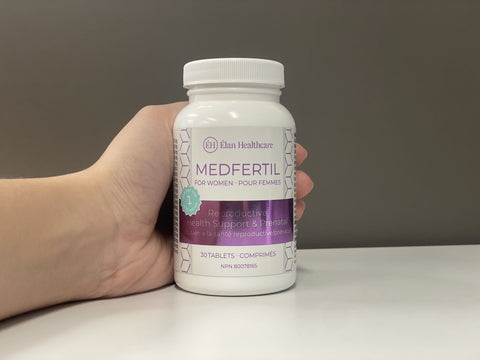

We have 3 comments. Add your voice to the conversation!
Hello and many thanks for your interest in our health blog!
Please send your questions to info@elanhealthcare.ca and we will get back to you within 48 hours.
_Dr. Pari
Thanks for the good information.me I need help from u.
Very impressive and educative message!
+ Open to leave a Comment